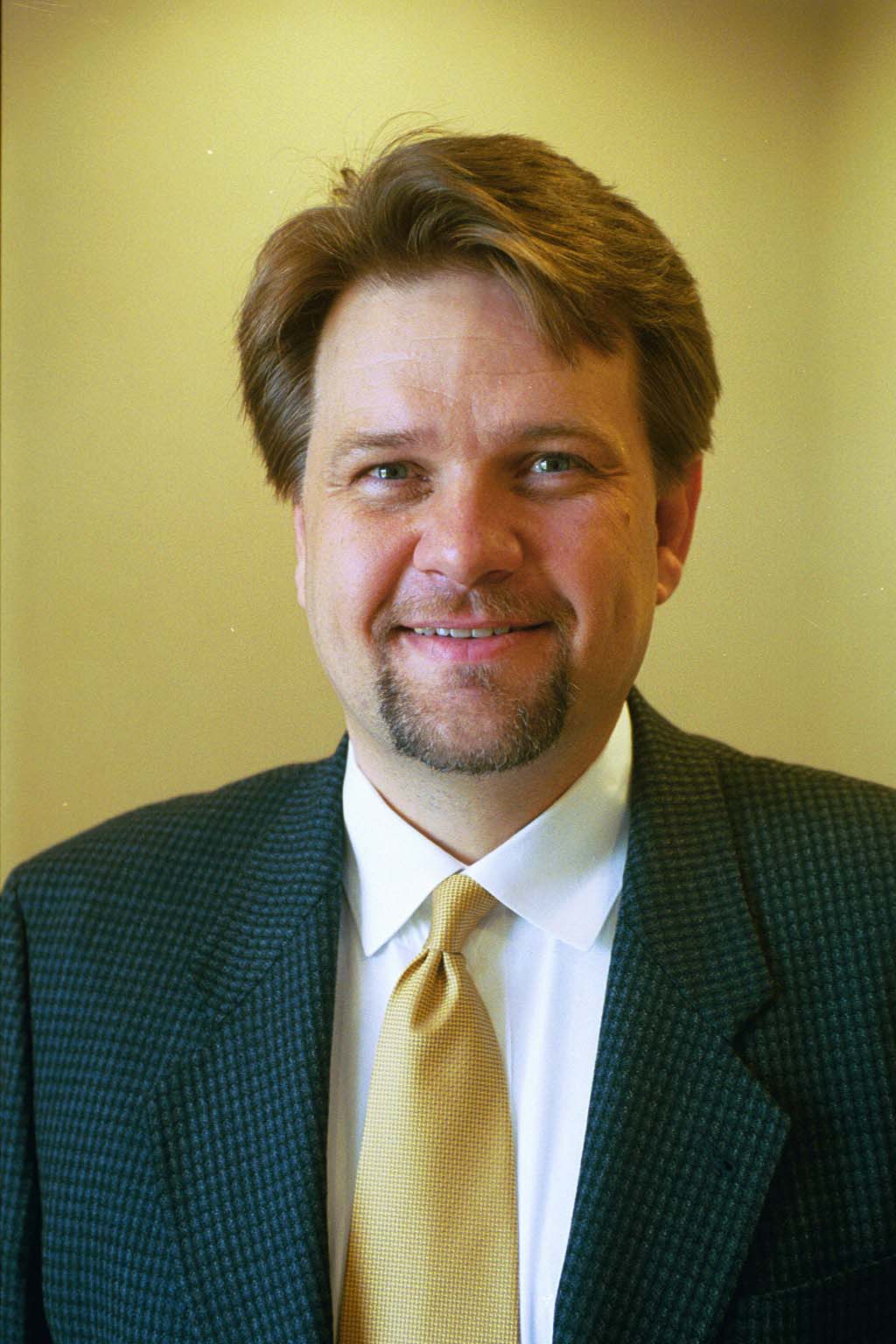
JACKSON, Tenn. (BP)–“What on earth was he thinking?”
How many times have we silently asked that question as we’ve heard about yet another politician, leader or even close friend who has been caught in a web of immorality?
We all know the story: a person flirts with sin and little by little, he finds himself sliding into a morass of wrong-headed actions. When discovery occurs, everyone who watches quivers in amazement at how the guilty person could even imagine that he would not get caught. This is especially true of political leaders who ought to know that they are subject to incredible scrutiny.
A friend of mine once told me about a man who had been caught embezzling money. The police came to the man’s office and arrested him. As they led him out of his office in handcuffs, he shouted, “Do you have any idea how much smarter I am than you?!”
My friend observed that he believes there is a connection between righteousness and rationality. As we wade more deeply into sin, we stop thinking logically and begin to believe that we are smarter than anyone else — including God. In the process, we begin to rationalize our thoughts, leaving behind God’s standards for obedience and becoming slaves to our own crooked thinking about right and wrong. We delude ourselves into believing that we, and not God, are the ultimate judges of what’s right and wrong. We convince ourselves that we need neither God nor His ideas about holiness.
This is the danger of sin: It leads us away from God, the source of all wisdom, and into selfishness, the source of all foolishness. It causes us to leave behind our common sense and instead pursue our own senses in self-satisfaction.
The Scriptures remind us at every turn that “the fear of the LORD is the beginning of wisdom” (Psalm 111:10). Even the grammar of this verse emphasizes that the pursuit of wisdom starts with us on our faces at the foot of the Lord’s throne. When we begin in humility, we follow after the One in Whom resides all power and glory. We measure our thoughts aright when we measure them against God’s Word.
We are fallen creatures, however, and our minds constantly substitute our own wisdom for that of God. This pattern finds its history regressing all the way back to the serpent’s temptation of Eve with that crafty phrase, “Did God really say …?” (Genesis 3:1). Our hearts have a constant tendency to overpower our minds.
Paul makes it clear that our mental lapses get us into incredibly foolish circumstances: “For though they knew God, they did not glorify Him as God or show gratitude. Instead their thinking became nonsense, and their senseless minds were darkened. Claiming to be wise, they became fools” (Romans 1:21-22). This foolishness is why Paul exhorts believers, “Do not conform any longer to the pattern of this world, but be transformed by the renewing of your mind. Then you will be able to test and approve what God’s will is — his good, pleasing and perfect will” (Romans 12:2).
For those of us who are involved in Christian education, the chief end of our endeavor is that we glorify God and enjoy a relationship with Him for all eternity. This means that we start and conclude with God. We examine the sovereignty of the Lordship of Christ over all human activities, including those that are moral and intellectual. When we tap into the wide, rushing stream of the great Christian intellectual tradition, we have access to the lessons of the past, lessons that serve as constant reminders that God is infinitely wiser, and holier, than any of us.
The net effect of this pursuit, of seeking after the Lordship of Christ in our lives, is that we stop at regular intervals and examine our lives. As we do this, each of us will be forced to stop and realize that there are areas of our own lives where we must admit frankly, “What on earth are we thinking?”
That’s just it: We aren’t thinking. We are wallowing in selfish egotism, rather in the renewing strength of God. May God grant to each of us the discipline to pursue Him, so that we may glorify Him with each and every facet of our lives.
–30–
Gene C. Fant Jr., is the dean of the College of Arts and Sciences at Union University, in Jackson, Tenn.














